Development of a Julia-powered toolkit for material point method
Please login to view abstract download link
Particle methods have been widely used in engineering and computer graphics due to their ability to handle large deformations without mesh distortions. The material point method (MPM), an extension of the particle-in-cell (PIC) and fluid-implicit-particle (FLIP) methods, combines particles with a background grid to model diverse materials based on their constitutive models. Despite their advantages, MPM typically require high computational costs, necessitating efficient software implementations. Existing MPM software offers various formulations for interpolation, particle-grid transfer, and time integration. However, no universal standard exists in MPM, making it difficult to implement all approaches in a single software. To address these challenges, we introduce Tesserae.jl [1], an open-source MPM framework written in Julia language, designed to facilitate the flexible implementation of various MPM formulations. Julia offers high-level syntax while achieving performance comparable to C/C++ through just-in-time (JIT) compilation. Tesserae.jl leverages Julia’s strengths to provide three key features: (1) symbolic tensor operations, (2) a simple and flexible particle-grid transfer interface, and (3) multi-threaded computation for performance optimization. For instance, tensor contractions and tensor products can be expressed concisely using Unicode notation, enhancing code readability. Additionally, particle-grid transfers can be implemented in a mathematically intuitive manner, reducing the complexity of writing custom formulations. Unlike conventional MPM software, Tesserae.jl does not enforce predefined formulations but instead provides fundamental tools to enable user-defined implementations. This approach benefits researchers by streamlining the development of novel methods and facilitating rapid prototyping. By combining flexibility, efficiency, and high-level abstractions, Tesserae.jl serves as a powerful framework for advancing MPM research and applications.

